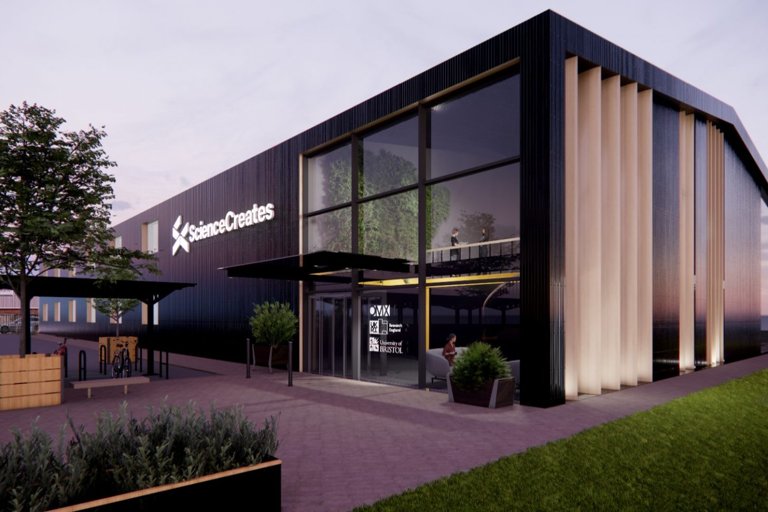Science & Technology
Bristol Tech Startups Attract Record Funding in Green Innovation
Entrepreneurs developing energy-efficient transport, housing, and AI-driven sustainability solutions are drawing strong investor interest, reinforcing the city’s role as a tech hub.
2025-08-18 23:43
By Charlotte Reid

Bristol’s reputation as a hub for innovation has reached new heights this year, as local technology startups focused on green solutions secured record levels of investment. From sustainable housing projects to AI-driven energy efficiency platforms, entrepreneurs across the city are drawing attention from both domestic and international investors eager to back climate-conscious businesses.
According to figures released by regional development agencies, over £150 million in venture capital has flowed into Bristol’s green tech sector over the past 12 months, nearly doubling the total from the previous year. Analysts say this surge places Bristol among the leading UK cities for clean technology development, rivalled only by London and Cambridge.
One of the most talked-about startups is an electric mobility company developing modular battery systems for public buses. With trials underway in partnership with Bristol’s transport authority, the firm has already attracted interest from municipalities across Europe. Investors cite the startup’s blend of practical design and environmental impact as a major reason for confidence.
Housing is another sector drawing attention. A Bristol-based firm specialising in energy-efficient building materials recently secured a £20 million funding round, allowing it to expand production and scale nationally. With the UK government setting ambitious net-zero targets, demand for sustainable construction solutions is expected to accelerate, placing the city’s startups in a strong competitive position.
Universities and research institutions have played a vital role in fostering the ecosystem. The University of Bristol has partnered with several startups to provide laboratory space, mentorship, and talent pipelines from its engineering and computer science departments. Such collaborations ensure that cutting-edge research translates into market-ready products and services.
Local government has also embraced the trend, launching a range of incentives to attract green innovators. Tax breaks, grants, and co-working spaces in redeveloped industrial districts have created fertile ground for experimentation. City leaders argue that these measures not only boost the economy but also reinforce Bristol’s broader sustainability commitments.
Entrepreneurs interviewed by The Chronicle Report described a strong sense of community within the sector. Many cited the collaborative atmosphere, where rival firms frequently share expertise and resources to tackle common challenges. This cooperative model, they said, is particularly effective in addressing complex environmental problems that require a multidisciplinary approach.
Investors see long-term potential in the city’s startups beyond immediate financial returns. Several venture capital groups emphasised the importance of aligning with environmental, social, and governance (ESG) principles, which have become central to global investment strategies. By supporting Bristol firms, they hope to deliver both impact and profitability.
Looking ahead, analysts believe the influx of capital could transform Bristol into a blueprint for regional innovation in the UK. If the city can maintain its momentum, it may establish itself as a leader not only in developing sustainable technologies but also in demonstrating how urban centres can reinvent themselves for a greener future.